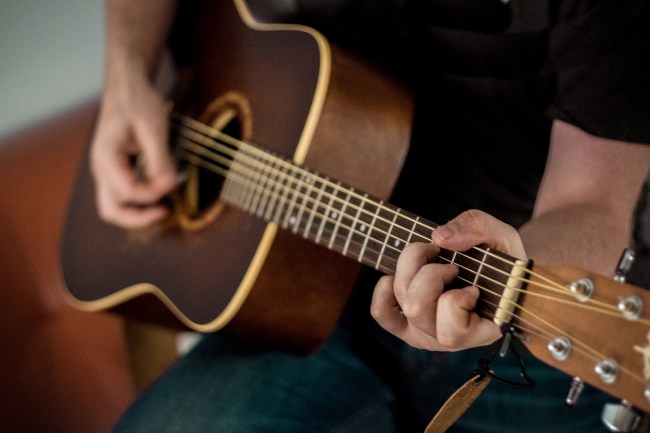
Photo by 42 North from Pexels
The proverb “practice makes perfect” dates back to the 1550s, and you’ve probably heard every coach, teacher, and your own parents repeat the phrase thousands of times.
Somewhere down the line, the phrase morphed into “practice makes permanent” most likely because there’s no such thing as perfection and striving for perfection often causes people to not try anything at all.
The one part of the phrase remains constant is practice because it’s incredibly crucial to mastering any skill, and this study in Nature Neuroscience suggests that a specific type of training has the most lasting effect.
Overpracticing, or “overlearning” as researchers dubbed it, is what separates the good from the great in any field.
In music, you have scales. In Jiu Jitsu, it’s drilling. Most of us just call it practice. Whatever you label it, many believe that greatness, heck even mere competency, requires training a skill well past proficiency. It’s continuing to practice your free throw even after you’ve nailed every shot. It’s playing through that song one more time even though you’ve made no mistakes.
Scientists call this training past the point of improvement ‘overlearning.’ And a study in Nature Neuroscience suggests that it might improve performance by altering chemicals in the brain that “lock” in training.
To test this theory, researchers took two groups and taught them a specific skill. After the first group mastered the skill, they took a 30-minute break and learned something new.
The next day, the group was tested on the first skill. They tanked the test but tested well on the task they learned last.
The second group learned the same skill as the first group and took the same 30-minute break, but instead of moving on to the next task they went back and relearned the first skill for the same amount of time. When that was done, they moved onto the new task.
They went home, came back, and aced the first and second tasks.
Here’s what happened.
“In the usual situation in which you stop training on a new skill immediately after you’ve mastered it, the area of the brain related to the skill is still plastic,” said Takeo Watanabe, a professor of Cognitive, Linguistic and Psychological Sciences at Brown University and an author on the study.
Brains are flexible—they are adept at learning new tasks. What Watanabe’s research suggests is that if you stop training a skill right after you’ve acquired it the brain stays in its ready-to-learn state. If you then train on a second similar task while your brain is still in a plastic state, it overwrites the first skill. It becomes as though you haven’t studied the first skill at all.
This explains why kids go over multiplication tables for months and why Larry Bird would take hundreds of free throws when he was more than allowed to skip practice.
Long story short – whatever you’re trying to master, you’ve got to practice it over and over and over. Even if you’ve perfected…umm..even if you’re fantastic and could do it in your sleep. Do it again.
You’ll not only become a master, but you’ll get better at whatever you learn next.
So from now on, it’s “overpractice makes permanent.”
[via Popular Science]
***
Chris Illuminati is a 5-time published author and recovering a**hole who writes about success, fitness, parenting and occasionally pro wrestling. Reach out to him on Instagram & Twitter.